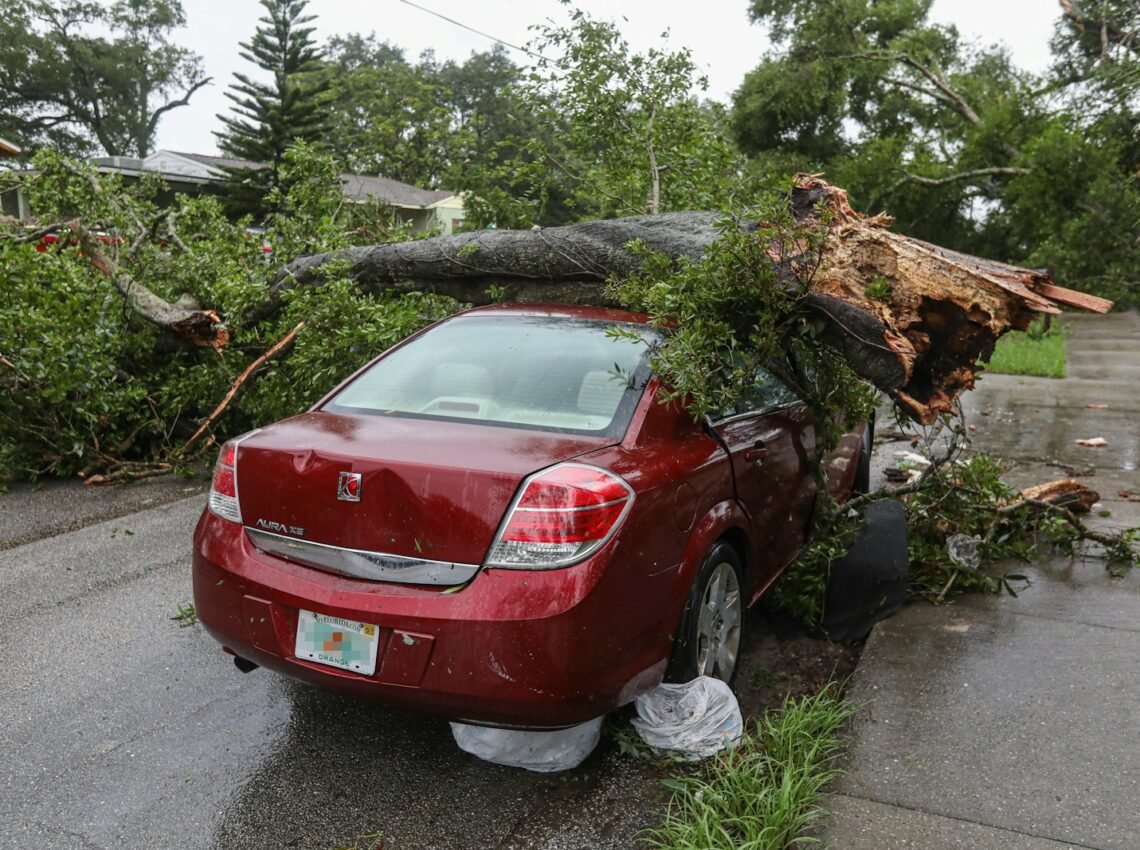Moving to Orlando brings with it a wave of excitement and new beginnings. Whether you’re drawn by the magic of theme parks, the thriving business opportunities, or the year-round sunshine, settling in requires navigating several practical considerations. Among these, updating your insurance stands out as a crucial step in ensuring your protection and peace of mind in your new home. This article explores the importance of updating insurance after a move to Orlando, delving into its complexities, practical implications, and the evolving landscape of insurance needs in this vibrant city.
Unpacking the Layers of Updating Insurance After a Move
Updating insurance after a move involves several key dimensions:
- Homeowners Insurance: Tailoring coverage to reflect the specifics of your new property in Orlando, including risks associated with hurricanes, floods, and theft.
- Auto Insurance: Adjusting coverage based on Orlando’s traffic patterns, weather conditions, and state requirements.
- Health Insurance: Reviewing and potentially changing health insurance providers or plans to ensure local network access and coverage adequacy.
- Renter’s Insurance: Securing coverage for renters to protect personal belongings and liability risks in your new rental property.
- Life Insurance: Evaluating life insurance needs based on new financial responsibilities and family dynamics post-relocation.
Each dimension requires careful consideration to align with Orlando’s unique insurance requirements and local regulations.
Navigating the Challenges and Debates
Challenges in updating insurance post-move include navigating differences in insurance regulations between states, ensuring continuity of coverage without gaps, and managing potential premium adjustments based on local risk factors.
Ethical debates arise concerning the affordability and accessibility of insurance for new residents, especially in high-risk areas prone to natural disasters like hurricanes. Insurers face challenges in accurately assessing risk profiles and adjusting coverage accordingly to meet the needs of a diverse and growing population.
Recent developments include advancements in digital tools for insurance management, offering convenience and transparency to consumers in updating and comparing insurance options post-relocation.
Real-world Echoes: Case Studies and Applications
Consider the case of a family relocating to Orlando and finding their new home vulnerable to flooding during a hurricane season. By promptly updating their homeowners insurance to include flood coverage, they mitigated financial risks and ensured timely repairs, highlighting the practical importance of proactive insurance updates.
Another example involves a professional who relocated for a job opportunity and needed to switch health insurance providers to maintain coverage within Orlando’s healthcare network. This illustrates the necessity of researching local insurance providers and plans to ensure seamless healthcare access post-move.
Q&A Section
How soon should you update your insurance after moving to Orlando?
It’s advisable to update insurance immediately upon establishing residency to avoid gaps in coverage. Start the process before moving day to ensure seamless transition.
What factors should you consider when updating homeowners insurance for Orlando’s climate?
Consider coverage for hurricanes, floods, and windstorms. Review deductible amounts, policy limits, and additional coverage options based on the property’s location and vulnerability.
Can you transfer auto insurance policies from another state to Florida?
Auto insurance policies must comply with Florida’s minimum coverage requirements. Contact your insurer to update your policy and adjust coverage based on local driving conditions and risks.
How can new residents find affordable insurance options in Orlando?
New residents can compare quotes from multiple insurers, consider bundling policies for discounts, and explore state-sponsored insurance programs or subsidies for eligible individuals.
For further reading and to explore insurance options after moving to Orlando, visit these resources:
- Florida Department of Financial Services
- Insurance Information Institute
- HealthCare.gov
- National Flood Insurance Program
- Florida Department of Highway Safety and Motor Vehicles



